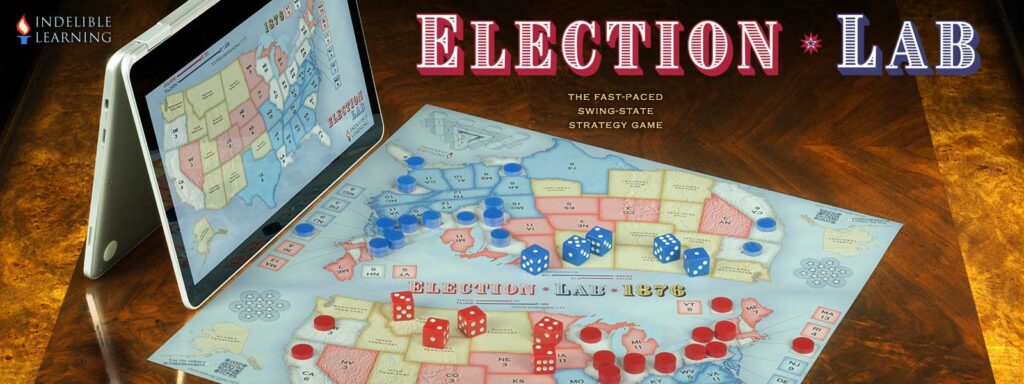Dan Schnur is a political scientist who (last I checked) teaches at
Berkeley,
USC, and
Pepperdine. He reminds his students to always remember that most Americans do not care about political matters as deeply as they do.
I think we have a twofold problem. The first is, paradoxically, that we have
too much engagement today. This hyper-informed audience is beyond apoplectic. For years, people complained about low voter turnout. Well, turnout is up. It hasn’t made us more civil.
The second problem is that, as Professor Schnur reminds us, everyone else is turned off by politics.
Civic engagement is a tricky thing to get right:
- If you see the outcomes of elections in terms of existential threats to your way of life, you leave yourself very few options when your candidate or your party does not triumph.
- If, on the other hand, you can’t be bothered, I sympathize, but you are trading away your voice of reason, and leaving the arena to the hyper-partisan folks you detest.
Our team builds learning games for science, health, STEM, and civics. Occasionally, we run into the criticism that our civics game,
Election Lab, is too dispassionate, too cerebral, and fails to tap into the civic issues that matter in elections. One political scientist was outraged that dice had any role in a game about elections.
I try to explain that we are reaching two audiences with our game: first, for the folks who couldn’t be bothered, it is a way to show how presidential elections are strategic puzzles, played against a worthy opponent, where the map changes every time. Second, for the very political scientists who object to the role of uncertainty in electoral outcomes: our game models polling, and unlikely outcomes, in a way that is accessible to non-data scientists.
Policy wonks will be eternally frustrated if they learn only policy, and nothing about strategy, because the power to implement good policy comes from successful strategies to win elections.
And for folks who search Google every year for “
electoral college” after every presidential election, we can show how campaigns use this electoral college to win, in a way that is fun, engaging, and indelible.

